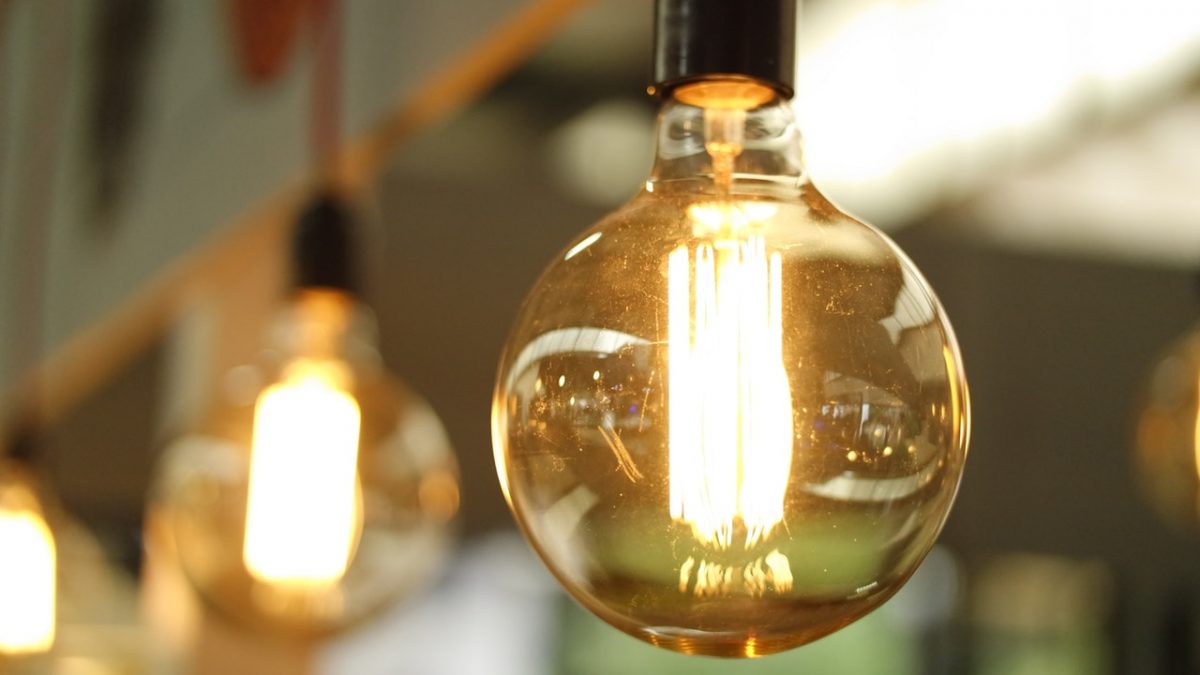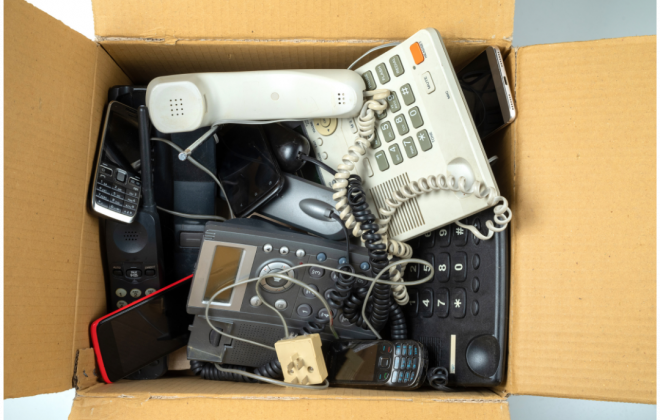How To Choose Your Energy Plan?
As a business owner, you do the best you can to make sure that your business location is as energy-efficient as possible. Choosing a suitable energy plan for your needs can be somewhat similar to finding a needle in a haystack.
With all the choices available for you to explore, you just cannot easily decide which plan works for you. Finding an energy plan should not be done in haste. You need to take the time to read the fine print and look at the main components of the plan as well.
If you want to make sure that your money is well spent on energy plans, researching your options will help you make an informed decision.
-
Review the rates
Depending on the energy plan you want to consider, the rates will vary from supplier to supplier. Each plan has its own benefits and drawbacks. Before you make a decision, be sure to weigh your options by looking at these energy plans.
- Variable-rate plans: These plans are derived from the spot market value of natural gas or electricity. Due to the fluctuating rates, customers will have the ability to take advantage of the changes taking place in the market. However, consumers who consider variable-rate plans must also be prepared for the rate increase especially during periods where there is high demand. Make it a point to read the details of your contract to analyze if your budget can accommodate the rates.
- Fixed rate plans: For customers who prefer to set rates per kWh for the entire duration of the contractual agreement, the fixed rate plan is the option to consider. As the name implies, the rates do not change in fixed-rate plans. So regardless if the market experiences highs or lows, the rate remains the same. Note though that the rate might be higher than usual. Read the terms and conditions so you do not end up paying more.
- Flat-rate plans: The plan allows you to pay the same rate on a monthly basis for your energy consumption. If you opt for this plan, you need to present your usage history to determine the plan price. Since there might be an allotted usage each month, you can incur extra charges if you go beyond.
-
Know the length of your term
Knowing the energy plan time frame will also give you a better understanding of your term options. Some options you can consider are fixed rate terms and variable-and indexed-rate terms. Once you understand the options to choose from, you need to ask some questions so you can decide which terms are ideal for your needs.
-
Explore additional options
Once you have an idea about the type of supply rate you are going to consider, there are additional options you should explore like the green energy plans, smart thermostats, and service protection plans. The additional options you will choose will also depend on your specific needs.
What are you looking for in a better energy plan?
Tags In
Categories
- Accounting (1)
- Business Energy (2)
- Business Loans (1)
- Business Security (2)
- Digital Signage (1)
- EFTPOS (3)
- Fleet Management (4)
- Fuel Cards (2)
- hospitality (1)
- Pay Later (1)
- Phone Systems (5)
- POS (7)
- Printers & Copiers (2)
- Retail (1)
- Trending (1)




